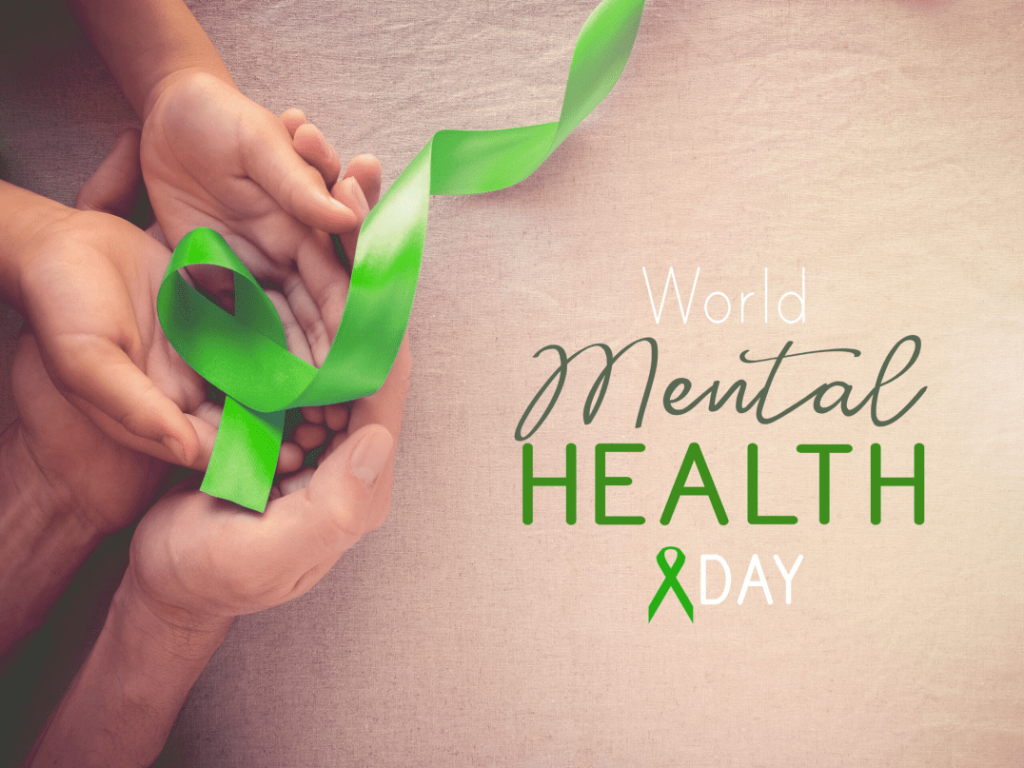Back in October, the whole world came together to observe World Mental Health Day. However, try to think of it more like the mental health awareness day because that’s exactly the goal of World Mental Health Day. What’s more, every year since 2013, the day has carried a certain theme with it. For example, the theme for World Mental Health Day 2021 was “Mental health care for all: let’s make it a reality.” This year people from all over the world observed this special day on Sunday the 10th of October. However, if you live in the Arab world and you missed it, you’re likely not alone.
Mental Health in the Middle East
You probably won’t find too many people in the Arab world observing World Mental Health Day. Additionally, you won’t find many countries there that have their own National Mental Health Day. This is because mental health comes with certain stigmas in the culture Middle East. In fact, nearly half of the Arabs surveyed (48%) say seeking mental-health care is viewed negatively in their country. This is in light of the fact that 38% of those asked know someone suffering from mental health issues.
Most of the negativity comes from those who have certain beliefs and superstitions about what causes mental health issues. For instance, some Muslims believe that someone who suffers from a physical illness is receiving God’s punishment. On the other hand, many Arabs blame mental health problems on an individual’s own actions or on demonic (Jinn) possession. With that being said, one can assume that, in Muslim societies, believers often link mental illness to very negative and non-medical beliefs.
As a result of these stigmas, the depressed or anxious can’t approach their friends or family for support. And if they do, instead of getting the proper help they need, people often offer them useless advice. “Be a man,” they’ll say. “Be strong! Men don’t cry.” Sometimes they’ll even advise them not to seek help. “Don’t go to a specialist. He might give you pills that make you lose your mind. Or you may come back crazy!” As a result, many of those who suffer from mental health issues sadly turn to drugs and alcohol, violence, or even suicide. Thus, with Arabs suffering from some of the highest rates of depression, anxiety, and PTSD, they can no longer ignore mental health issues.
So What Can Arabs Do?
Well, for two decades, the Arab public and governments throughout the Arab world have become aware of mental health issues. With the support of the World Health Organization’s (WHO’s), many Arab countries have put together a mental health action plan. The plan’s goals are twofold: promote mental health care and improve the general quality of life of all humans.
Concerning religion, Islamic scholars should come together to dispel the myths and wrong ideas about mental health and mental illness. From the start, they should present treatment for mental illness as a right to life. After all, Islam supports the idea that Muslims get the best medical treatment possible.
Lastly, Imams, politicians and the public in general should support the forming of to better raise awareness about mental health. These groups can also support those who suffer from mental illness, letting them know they’re not alone in their struggle. They can feel they’re part of the society in which they live and there are people who support them. With any luck, one day those that suffer from mental illness will be treated those who suffer from physical illness. That is, their neighbors will treat them with the dignity and respect they deserve.
Did you know that learning a new language like Arabic can benefit your mental health? There are more than 264 million people suffering from depression. COVID-19 likely increased those numbers. However, learning Arabic can help expose to new ideas, people and their culture. These days, you can start friendships with others who are learning the language. In turn, this can improve your well-being while also helping you fight depression and anxiety. Find out how you can get started learning Arabic today with Kaleela Arabic Learning app.
Kaleela – Learn Arabic the Right Way!




